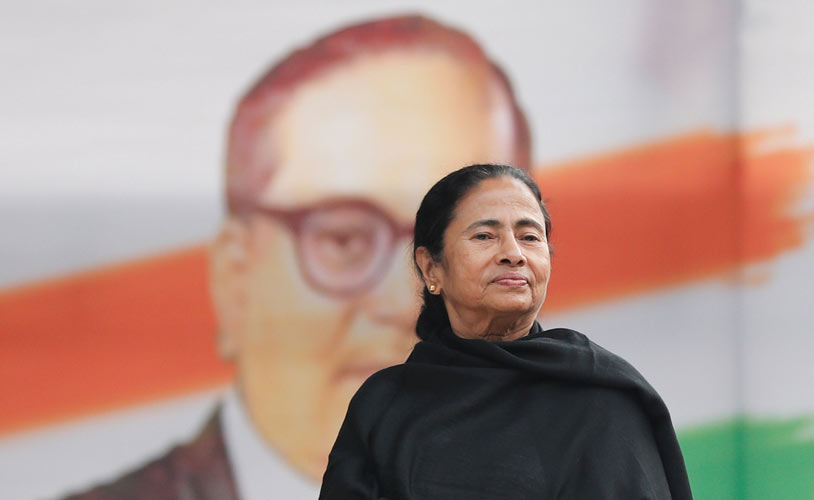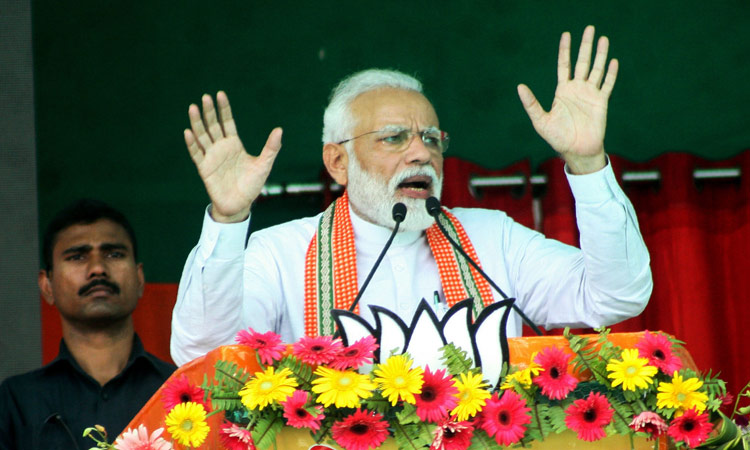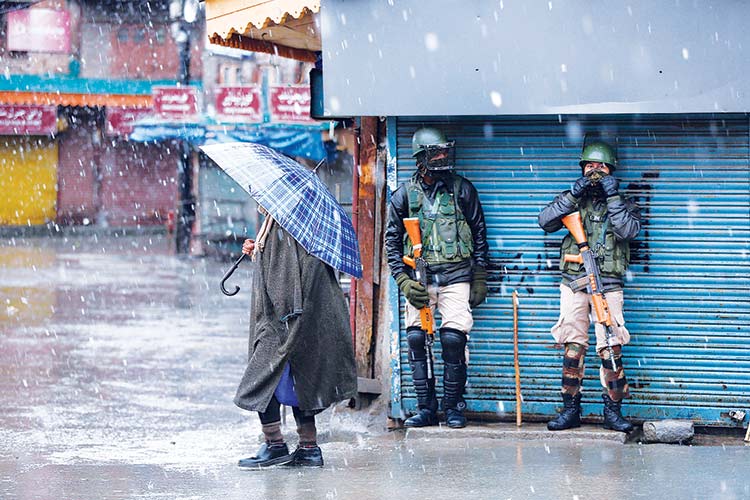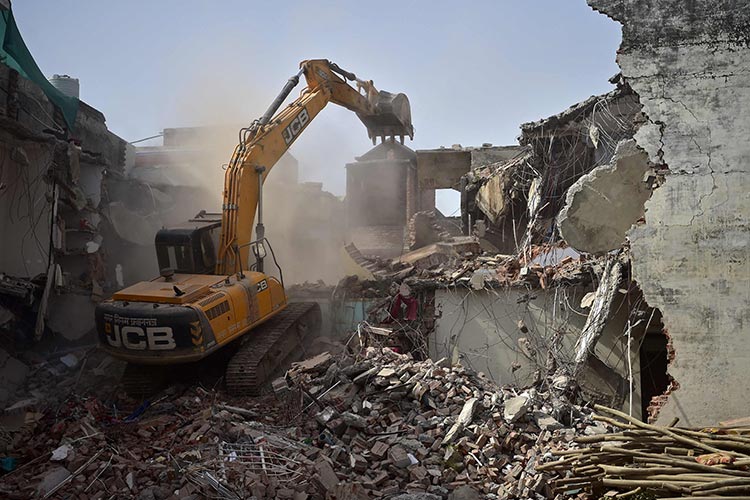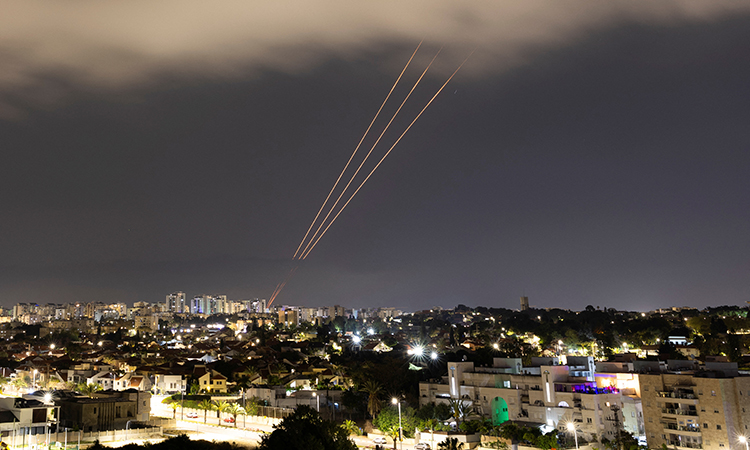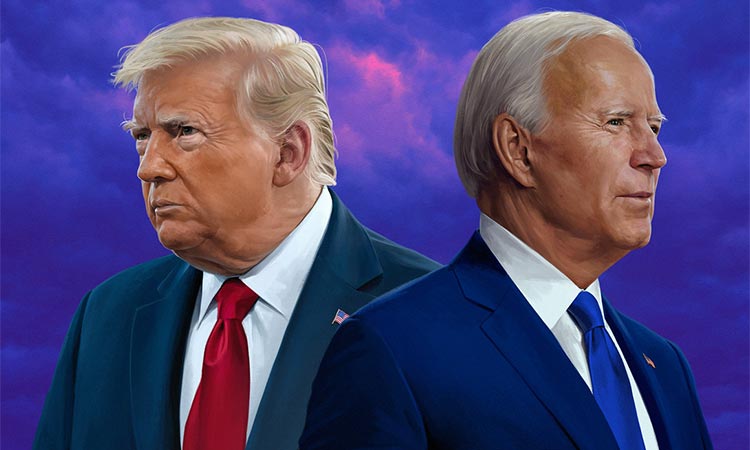India’s severest test as secular democracy
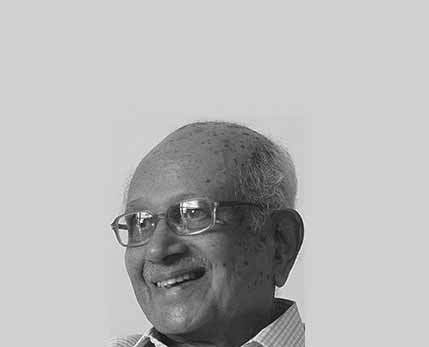
BRP Bhaskar
@brpbhaskarIndian journalist with over 50 years of newspaper, news agency and television experience.
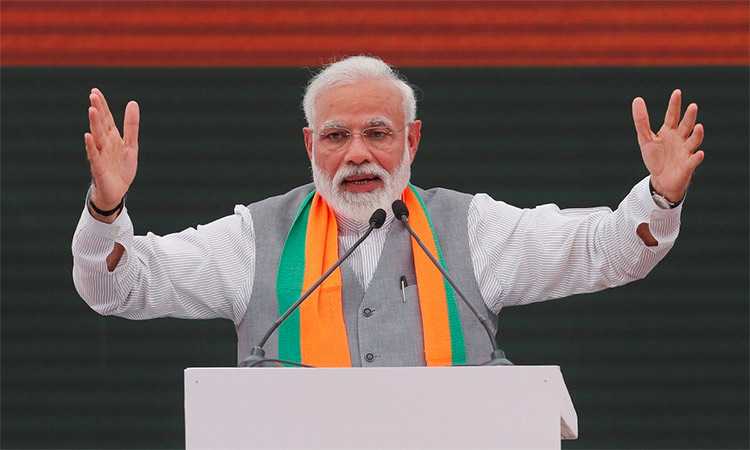
Narendra Modi
Twenty-six years later the Preamble of the Constitution was amended to add two more qualifying terms to the republic: socialist, secular.
As the republic steps into its eighth decade, it faces its severest test so far. The outcome of the conflict between the concepts of Hindutva and Secularism, which is now on, will determine whether the republic can long endure as one that assures justice, liberty, equality and fraternity to all its citizens.
The conflict arose following the enactment of two measures the Narendra Modi administration pushed through Parliament in the past year.
The first of these altered the status of Jammu and Kashmir. It was enforced after cutting off communications in the region, beefing up security and detaining political leaders.
More than five months later, many of the curbs on freedoms remain, despite widespread condemnation from within and abroad.
The second measure, the Citizenship Act Amendment (CAA), brought into force this month even as massive protests were raging all over the country, introduced religious considerations in the grant of citizenship.
Home Minister Amit Shah, who piloted the measure, told Parliament it will be followed by preparation of a National Register of Citizens (NRC) in all states.
Critics see NRC as the thin end of a wedge designed to make minorities second class citizens. The most ruthless repression in living memory has failed to contain the wave of protests.
The protests are led not by the conventional opposition but by youth, especially students, and women, mostly housewives, who realise India’s future as a modern secular state is at risk. After police entered the campus of Jamia Milia Islamia, a Central university, in Delhi and created mayhem, residents of Shaheen Bagh, a nearby housing colony, began a round-the-clock sit-in which is still continuing 36 days later.
Their spirited response has inspired people elsewhere to stage similar protests. Sits-in are now on at more than 40 places across the country.
The so-called national media only take note of protests in the big cities. But the government must be aware of the nationwide upsurge — unless the intelligence agencies are telling the political bosses only what they like to hear.
The Home Minister has said the government will not go back one inch on CAA. But widespread opposition does not appear to leave room for it to move forward either.
While bundling out opposition leaders who travel to Kashmir to assess the situation, the government recently took envoys of 16 countries on a two-day tour of the region. The diplomats have not aired their impressions in public.
The Executive virtually had a free hand on both Kashmir and CAA as the Judiciary was inclined to go slow on petitions challenging the two measures.
On Kashmir, it held its hand on security considerations. The arrest of Davinder Singh, a J&K police officer who was earlier commended for his role in anti-terror activity, for allegedly providing safe passage to two terrorists, has exposed the seamy side of the security operations.
Following Davinder Singh’s arrest there have been demands for a probe into his suspected role in facilitating the 1999 terror attack on Parliament House and last year’s suicide bomb attack on a police convoy near Pulwama in Kashmir.
The empowerment of Delhi police to detain people under the draconian National Security Act indicates that the administration, lacking political ideas, is falling back on more repressive measures. The NSA allows a person to be detained for a year without even raising any charges against him.
Media reports have linked the move with the Delhi Assembly elections due next month.
Modi carried Delhi state with him in the Lok Sabha elections of 2014 and 2019. It, however, rebuffed his Bharatiya Janata Party in the 2015 Assembly poll. After the recent reverses in several states the BJP desperately needs a win in Delhi.
Last week Modi asked 36 of his ministers to go to J&K on an outreach mission. But only five of them were assigned to Kashmir.
The high priority accorded to Jammu in the outreach suggests that even the BJP’s Hindu supporters there are unhappy with the J&K situation.
The core of both the J&K and citizenship issues is political. Instead of obfuscating the issues by dragging in extraneous maters, the Prime Minister must come up with a political solution.
